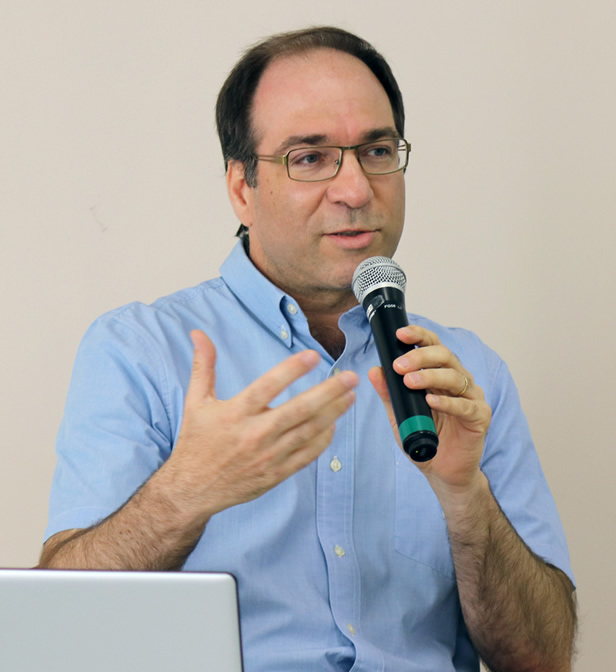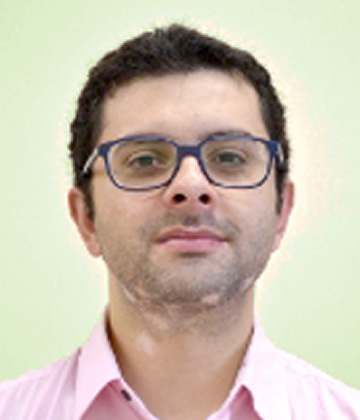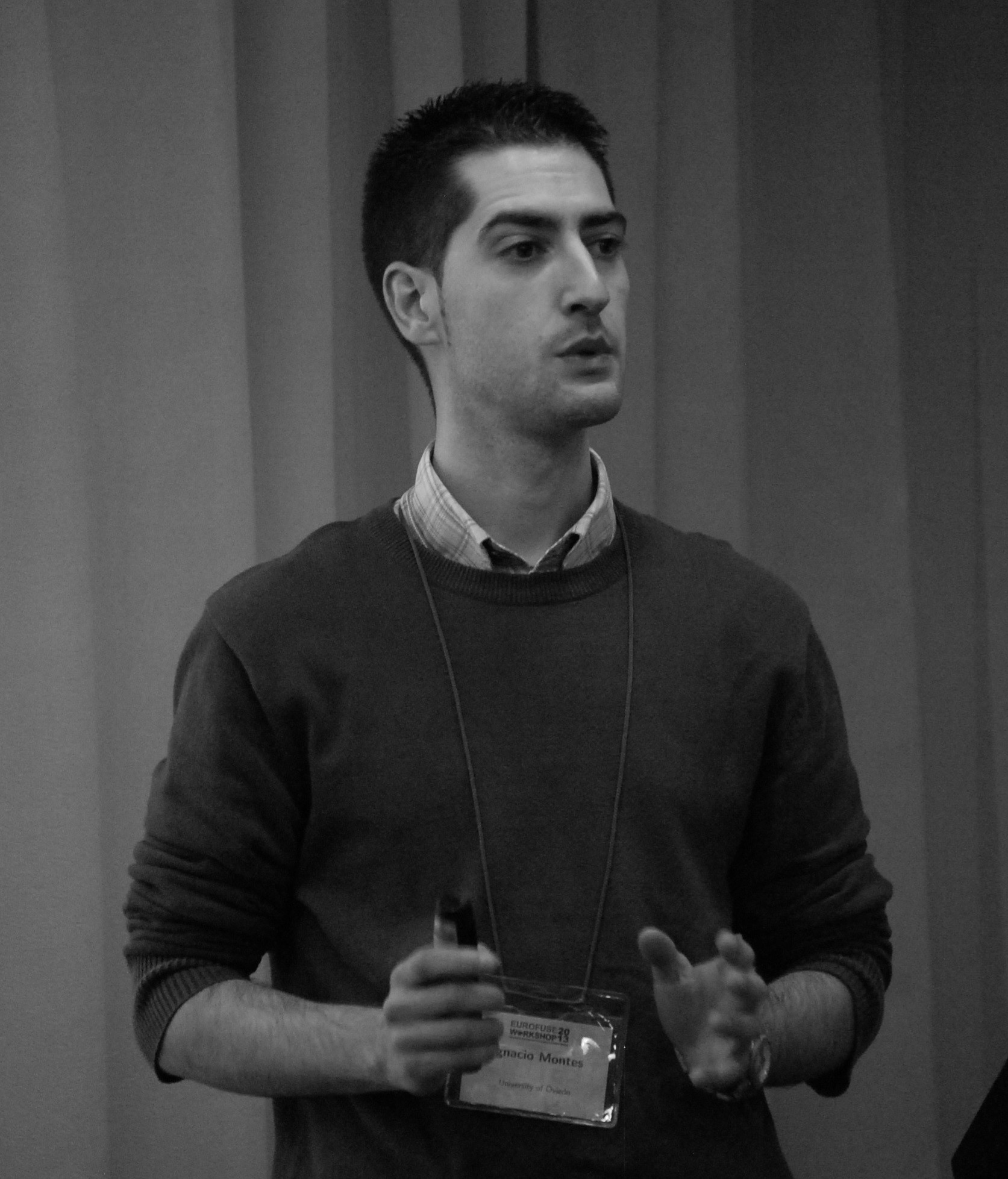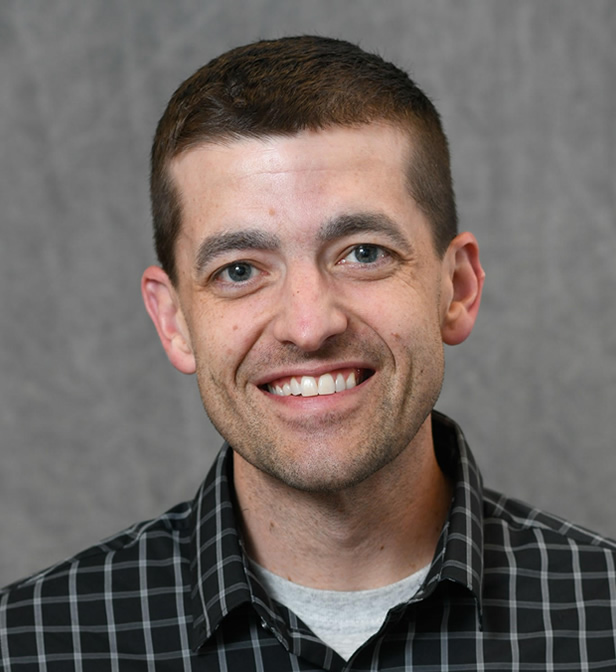Fabio Cozman: Credal Networks: Specification, Algorithms, Complexity
Fabio G. Cozman is a Full Professor at Escola Politécnica, Universidade de São Paulo (USP), Director of the Center for Artificial Intelligence at USP, and researcher with an interest in machine learning and knowledge/uncertainty representation. Engineer (USP) and PhD (Carnegie Mellon University, USA), he has served, amongst other duties, as Program and General Chair of the Conference on Uncertainty in Artificial Intelligence, Area Chair of the International Joint Conference on Artificial Intelligence, and Associate Editor of the Artificial Intelligence Journal, the Journal of Artificial Intelligence Research, and the Journal of Approximate Reasoning. He chaired the Special Committee on Artificial Intelligence of the Brazilian Computer Society, and received the Prize for Scientific Merit in Artificial Intelligence by that society.





